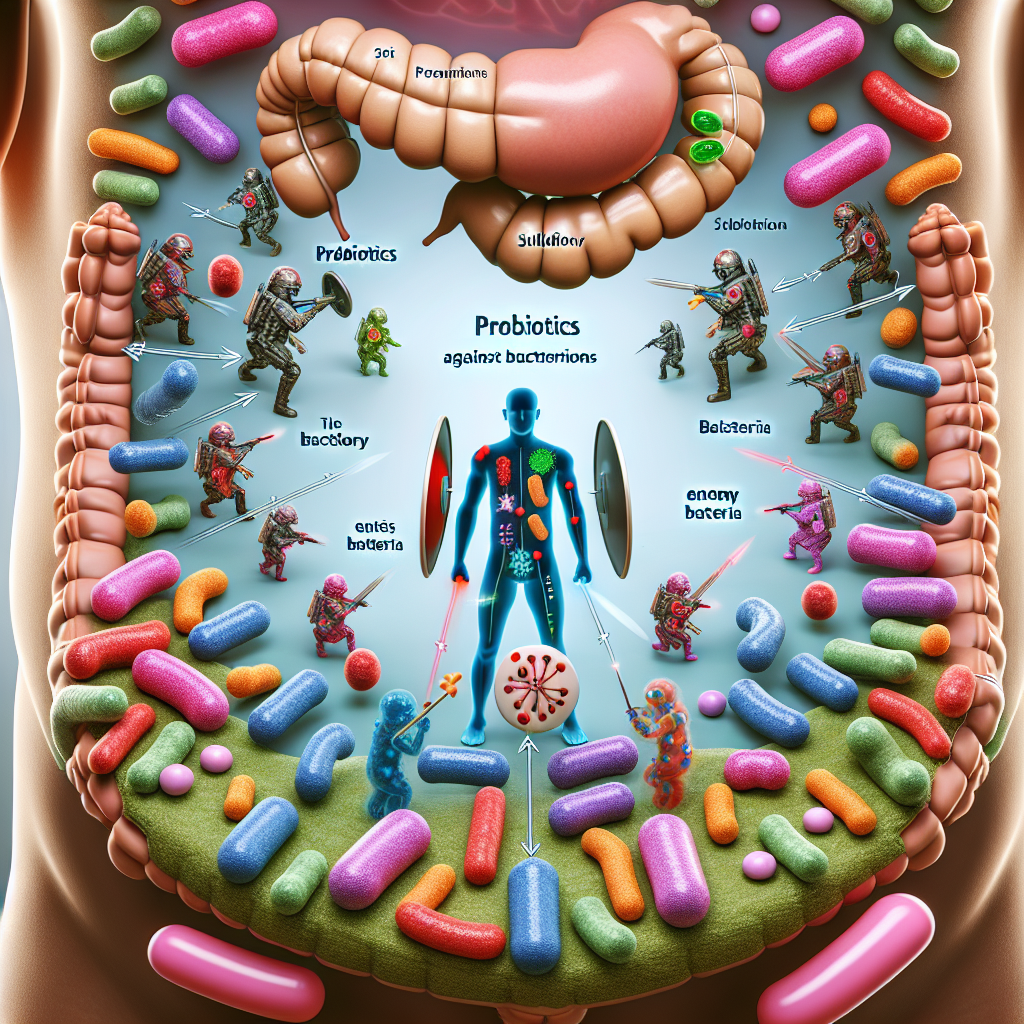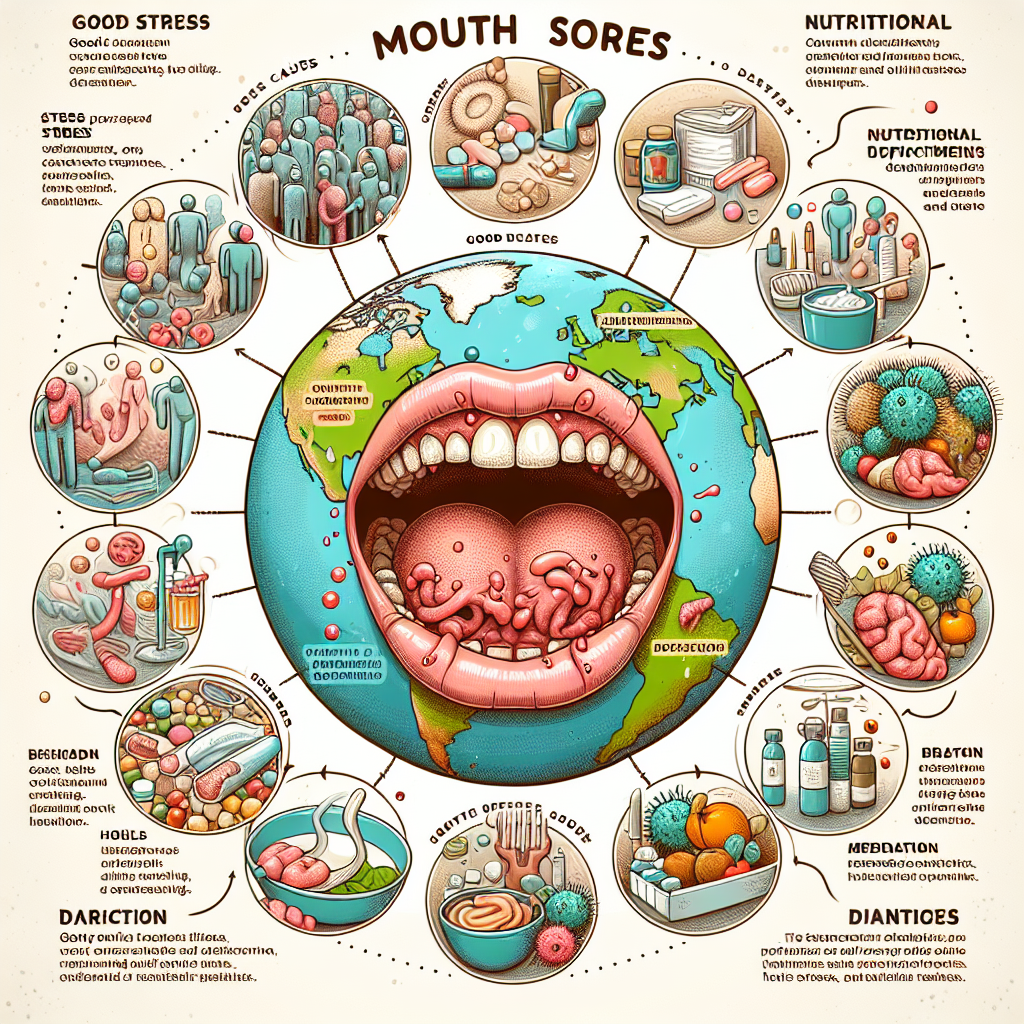In an age where antibiotic resistance is rising alarmingly, many individuals are seeking innovative strategies to defend against bacterial infections. The use of probiotics to combat bacterial infections has emerged as a compelling alternative, drawing interest from both the scientific community and health-conscious consumers alike. This exploration dives deep into the intricate role of probiotics, illuminating their potential not only as supplements but as pivotal players in our immune defense. Understanding this evolving field can empower you with knowledge, enhancing your health and well-being.
Understanding the Role of Probiotics in Immune Defense
Probiotics, defined as live microorganisms that confer health benefits when consumed in adequate amounts, play a crucial role in maintaining gut homeostasis. The gut microbiome is not merely a digestor of food; it is a complex ecosystem that influences immune responses throughout the body. A balanced microbiome can prevent pathogenic bacteria from establishing themselves in the gut by competing for resources and producing antibacterial substances. This intricate interplay allows probiotics to act as a first line of defense against potential infections, highlighting their importance in immune support.
Studies suggest that specific strains of probiotics can modulate immune function by enhancing the activity of immune cells such as macrophages and T-cells. This modulation leads to a more robust immune response, capable of recognizing and combating harmful bacteria. Furthermore, probiotics can stimulate the production of immunoglobulin A (IgA), an antibody that plays a vital role in mucosal immunity. The ability of probiotics to enhance the immune system’s surveillance capacity offers a game-changing approach to preventing bacterial infections and even reducing the severity of symptoms when infections occur.
Additionally, probiotics can influence the production of short-chain fatty acids (SCFAs), which are critical for maintaining the integrity of the gut barrier. A well-functioning gut barrier prevents harmful bacteria from translocating into the bloodstream, thus preventing systemic infections. By promoting intestinal health, probiotics not only bolster local immune defense but also contribute to overall systemic immunity. Thus, integrating probiotics into your daily regimen can be a profound strategy for enhancing immune resilience against bacterial threats.
Evaluating Probiotic Efficacy Against Common Bacterial Infections
When considering the use of probiotics to combat bacterial infections, it is essential to evaluate their efficacy against specific pathogens. Research has shown that certain strains such as Lactobacillus rhamnosus and Saccharomyces boulardii can effectively reduce the incidence and duration of diarrhea caused by bacterial infections, particularly in children and travelers. For instance, Lactobacillus rhamnosus has been observed to outcompete pathogenic bacteria, thereby reducing their colonization in the gut. This insight reveals how selective probiotic use can serve as a strategic approach to manage and mitigate bacterial infections.
Moreover, probiotics have demonstrated promise in the management of antibiotic-associated diarrhea (AAD), a common consequence of antibiotic therapy that disrupts the gut’s microbiome. By replenishing beneficial bacteria and restoring balance, probiotics can help prevent AAD. This is particularly relevant in today’s healthcare environment, where antibiotics are often prescribed without thorough consideration of their impact on gut health. Understanding the specific strains that confer protective effects can empower individuals to make informed decisions about their health choices, especially when facing antibiotic treatments.
However, it is crucial to note that not all probiotics are created equal. The effectiveness of a probiotic is strain-specific, meaning that while some may offer protection against certain bacteria, others might not provide the same benefits. This highlights the importance of selecting high-quality probiotics backed by clinical research. As the field continues to evolve, ongoing studies are necessary to uncover the full potential of probiotics against a broader spectrum of bacterial infections, paving the way for targeted therapeutic applications.
In conclusion, the use of probiotics to combat bacterial infections presents an innovative and promising frontier in healthcare. By enhancing immune function and restoring gut health, probiotics can serve as a strategic ally in the fight against pathogenic bacteria. As antibiotic resistance continues to escalate, the potential of probiotics becomes even more critical. To harness the benefits of probiotics effectively, seek out specific strains known for their protective qualities and consider incorporating them into your health regimen. Empower yourself with knowledge and take proactive steps towards bolstering your immune defense today—your gut health may just hold the key to a healthier future.
Essential Strategies for Preventing Viral Infections EffectivelyEssential Strategies for Preventing Bacterial InfectionsUnderstanding the Mechanisms of Virus and Bacteria TransmissionRelevant LinkRelevant LinkRelevant LinkUnderstanding Lower Back Pain Linked to COVID-19: Insights and ManagementUnderstanding COVID-19: Navigating Loss of Appetite ChallengesUnderstanding COVID Laryngitis: Symptoms, Causes, and TreatmentRelevant LinkRelevant LinkRelevant Link



